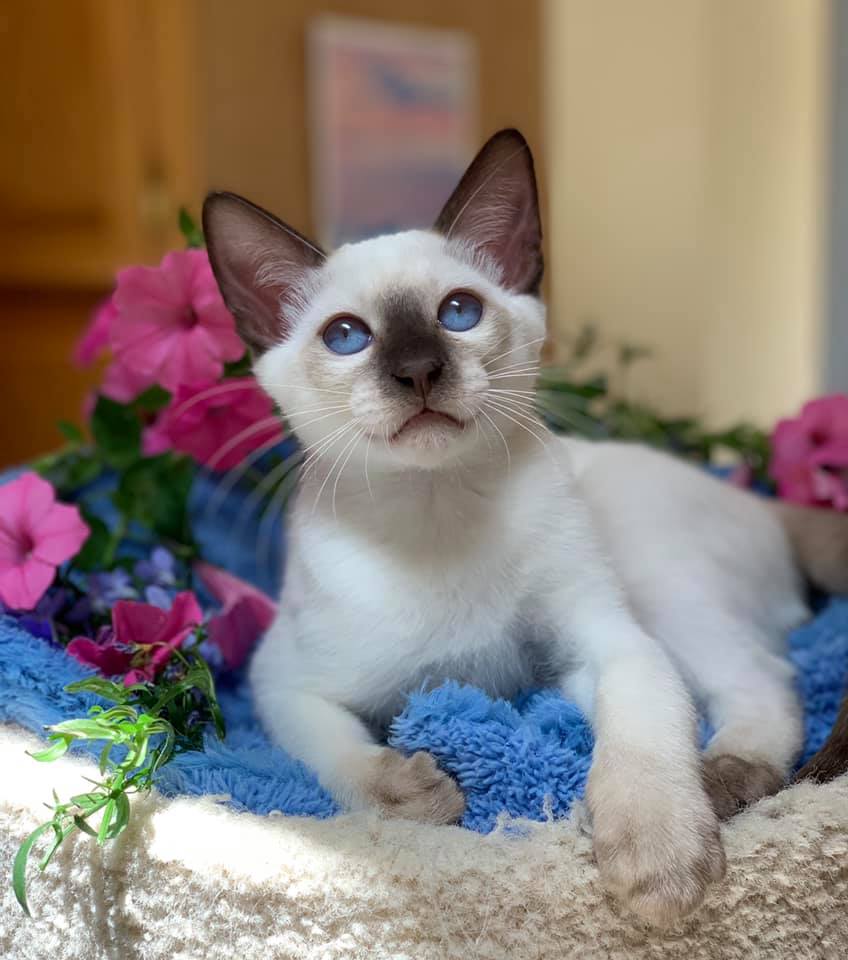Balinese cats are often described as elegant, vocal, and affectionate, but these surface traits only hint at the deeper emotional intelligence that defines the breed. Unlike many domestic cats that maintain a degree of aloof independence, Balinese cats demonstrate a nuanced ability to read human emotions, adapt to social cues, and form lasting bonds that resemble the dynamics of close companionship rather than mere pet ownership. Their behavior suggests a level of cognitive empathy that’s rare in the feline world, making them particularly compelling for owners seeking a responsive, emotionally attuned companion.
What sets the Balinese apart is not just their capacity for affection, but the intentionality behind it. These cats don’t simply seek warmth or attention, they engage. Owners frequently report that their Balinese cat will respond to tone of voice, facial expressions, and even subtle shifts in mood. This isn’t anecdotal fluff; studies in animal cognition have shown that certain breeds, especially those with strong human-oriented breeding histories like the Balinese, exhibit advanced social referencing. In practice, this means a Balinese cat may approach a distressed owner with quiet presence, or mirror excitement during play, reinforcing emotional connection through behavior.
Vocalization plays a central role in this emotional exchange. While Siamese cats, their close relatives, are known for loud and persistent meowing, Balinese cats tend to use a softer, more melodic voice. They don’t just vocalize for food or attention, they initiate dialogue. Owners who engage in regular verbal interaction often find their Balinese cat developing distinct patterns of response, almost conversational in nature. This trait suggests not only high intelligence but also a desire for reciprocal communication, a hallmark of emotionally intelligent species.
Social adaptability further underscores their emotional depth. Balinese cats integrate well into varied household dynamics, whether with children, other pets, or elderly companions. Their ability to modulate behavior based on context, gentle with toddlers, playful with dogs, calm with seniors, reflects a flexible temperament rooted in perceptiveness rather than instinct alone. This makes them ideal for global households with diverse living arrangements, as they adjust not just to space but to the emotional rhythms of the people within it.
Another dimension of their intelligence lies in their problem-solving abilities. Balinese cats are known to open doors, navigate complex toys, and even anticipate routines. But what’s more telling is how they use these skills to engage with their environment socially. For example, a Balinese cat might learn to fetch a specific toy not for self-play, but because it elicits a shared moment with their owner. This kind of behavior suggests a motivation driven by connection rather than mere stimulation.
The breed’s emotional intelligence also manifests in their sensitivity to absence and change. Unlike more solitary cats, Balinese often show signs of separation anxiety when left alone for extended periods. They may wait by doors, vocalize more frequently, or display changes in appetite. While this requires owners to be mindful of their cat’s emotional needs, it also highlights the depth of attachment these cat’s form. Solutions like interactive feeders, rotating toys, or even video calls have proven effective in maintaining emotional engagement during absences, especially in urban or travel heavy lifestyles.
In essence, the Balinese cat is not just a pet but a partner in emotional life. Their intelligence is not measured solely by tricks or tasks, but by their ability to connect, comfort, and communicate. For those seeking a feline companion that offers more than beauty or novelty, the Balinese delivers a relationship rich in mutual understanding and emotional resonance. This breed doesn’t just live in your home, it learns your rhythms, listens to your moods, and becomes a mirror to your emotional world. That’s what makes them unforgettable.
Other Cat Breeds

